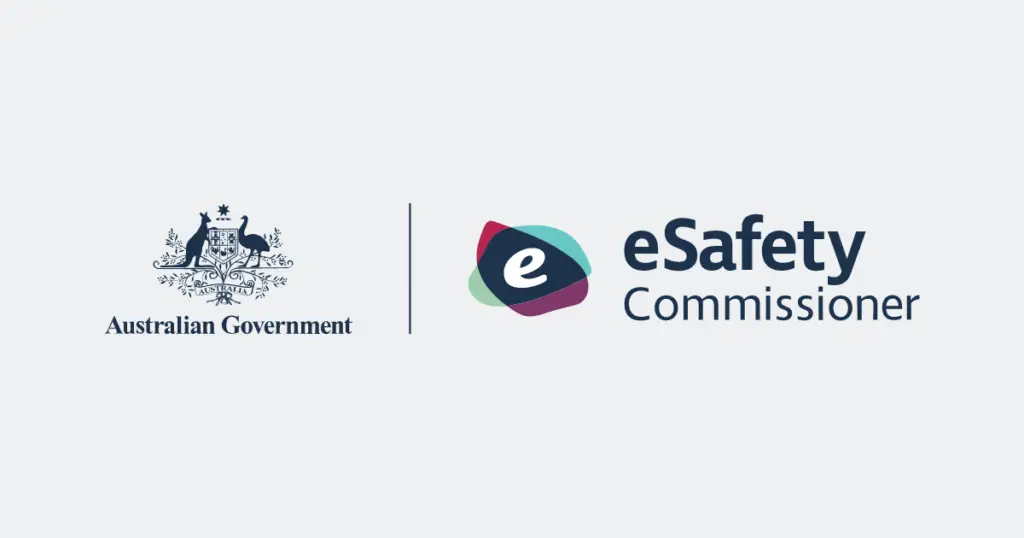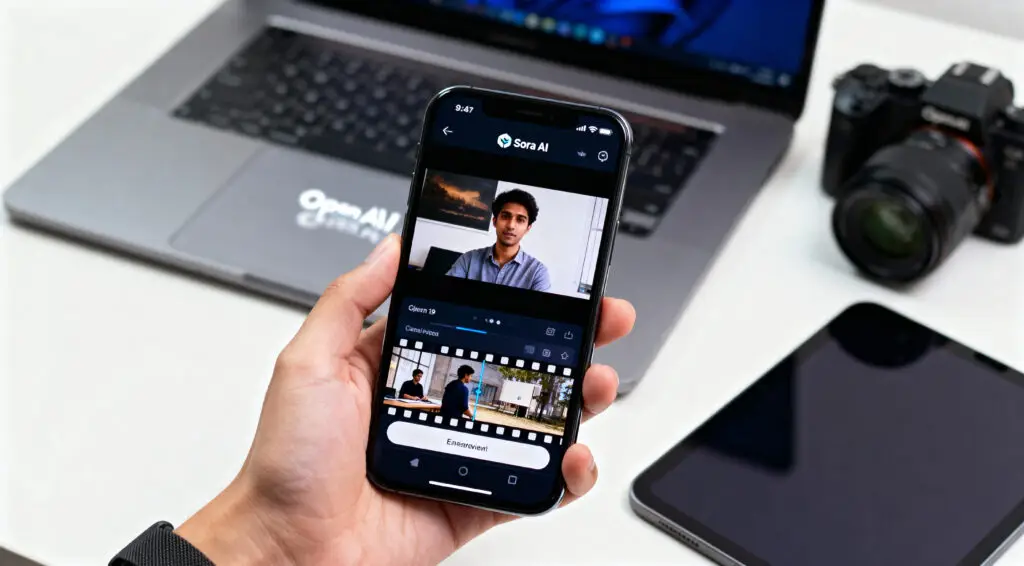Australia Moves to Protect Children From Social Media Risks
Australia has made it illegal for children under sixteen to use most major social media platforms. The new restriction applies to Reddit and Kick, along with TikTok, Instagram, Facebook, YouTube, and other popular sites.
The eSafety Commission ruled that Reddit and Kick qualify as social platforms because they rely on users sharing content and interacting with each other. Communications Minister Anika Wells announced that enforcement will begin on December ten, emphasizing that the policy aims for “meaningful difference,” not perfection.

Platforms Must Block Access or Face Major Penalties
Companies are now required to take reasonable steps to prevent Australians under sixteen from creating or maintaining accounts. Those that fail to comply may face fines of up to forty-nine point five million dollars. Although technology firms have raised concerns about the timeline, most have pledged cooperation.
Executives from TikTok, Meta, and Snap told senators they plan to restrict underage users once enforcement begins. Snap’s global policy manager, Jennifer Stout, said the company will allow minors to delete their data before their accounts are suspended, describing Australia as a “first mover” in online child safety.
Government Targets Harmful Algorithms and Online Manipulation
Minister Wells said the initiative aims to shield young people from “predatory algorithms” and “toxic popularity meters” that exploit their vulnerabilities. She noted that social media companies must take responsibility for how their systems influence behavior and mental health.
eSafety Commissioner Julie Inman Grant stated that limiting children’s exposure will give them time to “learn and grow” before being subjected to algorithm-driven content. She encouraged parents to review educational materials and attend webinars to understand the new policy.
Recommended Article: Lovable Surges to $5B Valuation With $100M Annual Revenue
Which Platforms Are Exempt From the New Rules
Certain digital services remain accessible to minors, including messaging, email, video calls, education sites, online games, and health platforms. This means apps like Roblox, WhatsApp, and Messenger can still operate freely under the law.
However, authorities are urging these exempt services to enhance child protection measures. Inman Grant said her office has already directed Roblox to ensure adults cannot contact minors without parental consent, and she expects similar safeguards for new platforms.
Monitoring Emerging Platforms and Avoidance Tactics
Officials predict that young users will seek out new alternatives once the ban takes effect. The eSafety Commission is monitoring smaller platforms such as Yubo and Bluesky, which could attract underage users seeking unrestricted spaces. Inman Grant described the list of regulated platforms as “dynamic,” noting it will change as technology evolves.
As rules tighten, attention has turned to age verification. Some companies are testing AI-based document scans and biometric checks, raising privacy concerns over data collection. Regulators noted that many platforms already use comparable metrics to personalize recommendations.
Industry Prepares for Brand Safety and Marketing Shifts
The regulation is expected to reshape how brands engage with younger audiences online. With major networks off-limits to children under sixteen, advertisers are redirecting their focus toward family-friendly environments and parent-supervised channels.
Retailers and entertainment brands are revising sponsorships and promotions to align with compliance standards. Some companies are exploring parental-consent systems that let guardians approve sign-ups, monitor activity, and manage contacts as global age-based restrictions expand.
Kid-Safe Ecosystems Gain Attention
As larger platforms impose stricter limits, new digital spaces for youth are gaining momentum. These include curated video apps, moderated chat rooms, and closed communities that prioritize safety and verified participation.
Parents and advertisers see these emerging “kid-safe” ecosystems as trusted alternatives that balance protection and creativity. Though smaller in scale, they represent how online engagement could evolve as governments strengthen digital child safety laws.
Broader Impact on Digital Policy and Youth Well-Being
Australia’s sweeping measures have intensified debate over children’s digital rights, mental health, and the ethics of algorithmic influence. Policymakers worldwide are watching closely to see if age-verification systems can be implemented fairly and effectively.
The initiative underscores a growing global consensus that online safety must come before unrestricted access. As Minister Wells explained, the goal is not to eliminate social media, but to ensure that technology serves young Australians—rather than shaping them.























